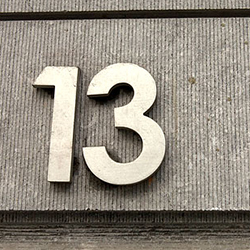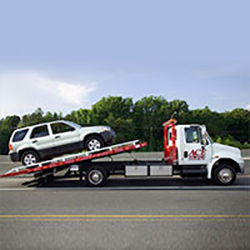Chapter 13 Bankruptcy Compared To Traditional Debt Consolidation

(aka our ‘Debt-Survival’ plan)
Most of the bankruptcy laws are set forth in Title 11 of the United States Code, which is divided into chapters. For instance, there is Chapter 7 (sometimes called “total bankruptcy”, but that term is misleading), Chapter 13 (sometimes loosely referred to as the “bill consolidation” version of bankruptcy or a “wage earner plan”), Chapter 12 (bankruptcy for the family farmer), and Chapter 11 (bankruptcy for huge corporations).
The 2 chapters available to most people in need of help are Chapter 7 and Chapter 13. This post is going to cover Chapter 13.
The best way to do explain Chapter 13 bankruptcy is to compare it to Chapter 7. If you’re not familiar with Chapter 7 bankruptcy, click the link to read more information.

 Do I have enough debt to file bankruptcy?
Do I have enough debt to file bankruptcy?
 One question that we hear all the time is “can I file for Chapter 13?” Chapter 13 bankruptcy has several important restrictions. If you’re looking for a solution to your debt problems, your first step is to see whether or not you legally qualify for a Chapter 13 Bankruptcy.
One question that we hear all the time is “can I file for Chapter 13?” Chapter 13 bankruptcy has several important restrictions. If you’re looking for a solution to your debt problems, your first step is to see whether or not you legally qualify for a Chapter 13 Bankruptcy. Last week we discussed the
Last week we discussed the 